2015 Châteauneuf-du-Pape, Réservé, Domaine de la Vieille Julienne, Rhône
About this WINE
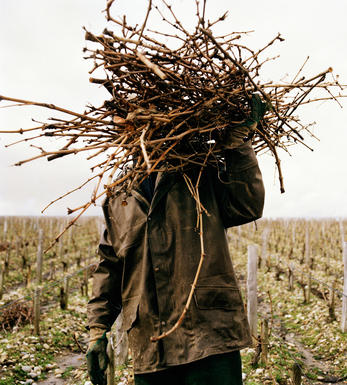
Domaine de la Vieille Julienne
Domaine de la Vieille Julienne is located in the northern end of the Châteauneuf-du-Pape appellation, in sector known as Le Grès. Since 1990, when Jean-Paul Daumen took over from his father, the rise in quality of wine from this domaine has been breathtaking. There are now 32 hectares of vineyards and the average age of the vines is high at around 50 years.
The Châteauneuf is typically a blend of Grenache (60%), Syrah (15%), Mourvèdre (10%), Counoise (10%) and Cinsault (5%). Jean Paul has adopted a thoroughly modern approach to winemaking with the entire crop now being destemmed and each of the separate grape varieties are vinified separately. The large oak foudres have been replaced with small oak barrels although Jean-Paul believes in "emphasising the fruit and the balance more than the wood". All his wines are bottled without filtration.
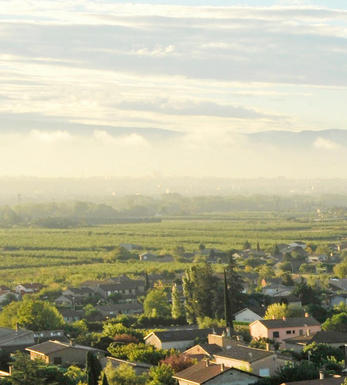
Châteauneuf-du-Pape
The most celebrated village of the Southern Rhône, Châteauneuf-du-Pape is the birthplace of the now indispensable French Appellation d’Origine Contrôlée system – imperfect though it may be. Compared to the Northern Rhône, the vineyards here are relatively flat and often feature the iconic galet pebbles – the precise benefits of which are a source of much debate. Minimum alcohol levels required by the AOC are the highest in France, but at 12.5% it is well below the natural generosity of Grenache, which only achieves its full aromatic potential when it is fully ripe and laden with the resultant high sugars. Syrah and Mourvèdre contribute the other defining elements in the blend, adding pepper, savoury spice and structure to the decadent Grenache. There are a further 10 permitted red grape varieties which can be used to adjust the “seasoning”. Of the five white varieties permitted, it is Grenache Noir’s sibling – predictably perhaps – Grenache Blanc, which dominates, though Roussanne shows a great deal of promise when handled well, notably at Château de Beaucastel.
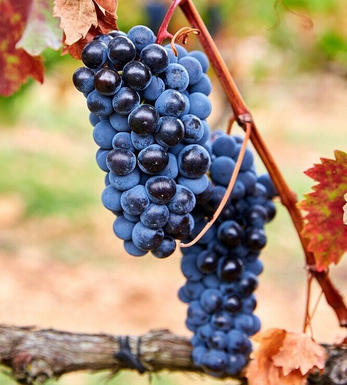
Southern Rhône Blend
The vast majority of wines from the Southern Rhône are blends. There are 5 main black varieties, although others are used and the most famous wine of the region, Châteauneuf du Pape, can be made from as many as 13 different varieties. Grenache is the most important grape in the southern Rhône - it contributes alcohol, warmth and gentle juicy fruit and is an ideal base wine in the blend. Plantings of Syrah in the southern Rhône have risen dramatically in the last decade and it is an increasingly important component in blends. It rarely attains the heights that it does in the North but adds colour, backbone, tannins and soft ripe fruit to the blend.
The much-maligned Carignan has been on the retreat recently but is still included in many blends - the best old vines can add colour, body and spicy fruits. Cinsault is also backtracking but, if yields are restricted, can produce moderately well-coloured wines adding pleasant-light fruit to red and rosé blends. Finally, Mourvèdre, a grape from Bandol on the Mediterranean coast, has recently become an increasingly significant component of Southern Rhône blends - it often struggles to ripen fully but can add acidity, ripe spicy berry fruits and hints of tobacco to blends.


Buying options
Add to wishlist
wine at a glance
Delivery and quality guarantee